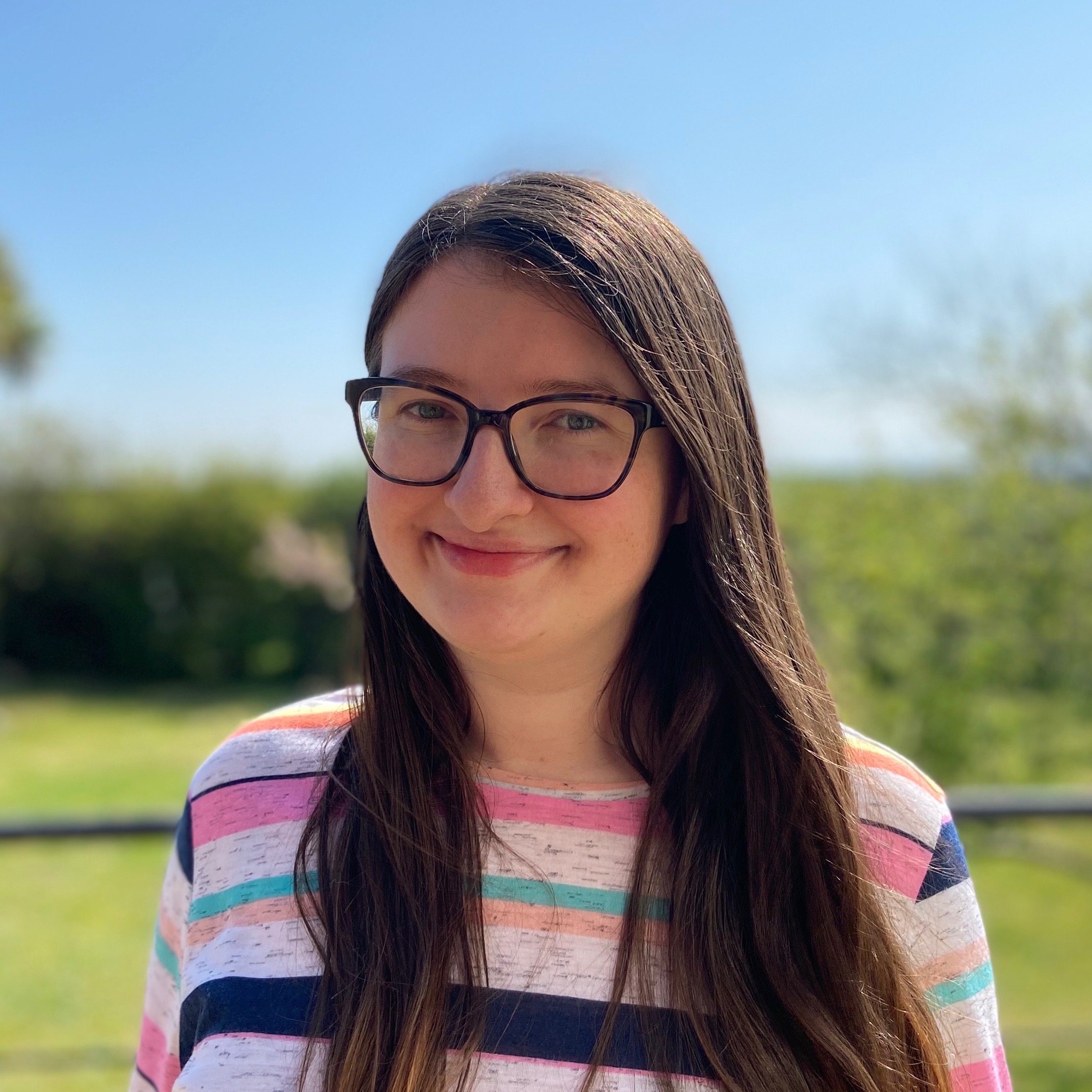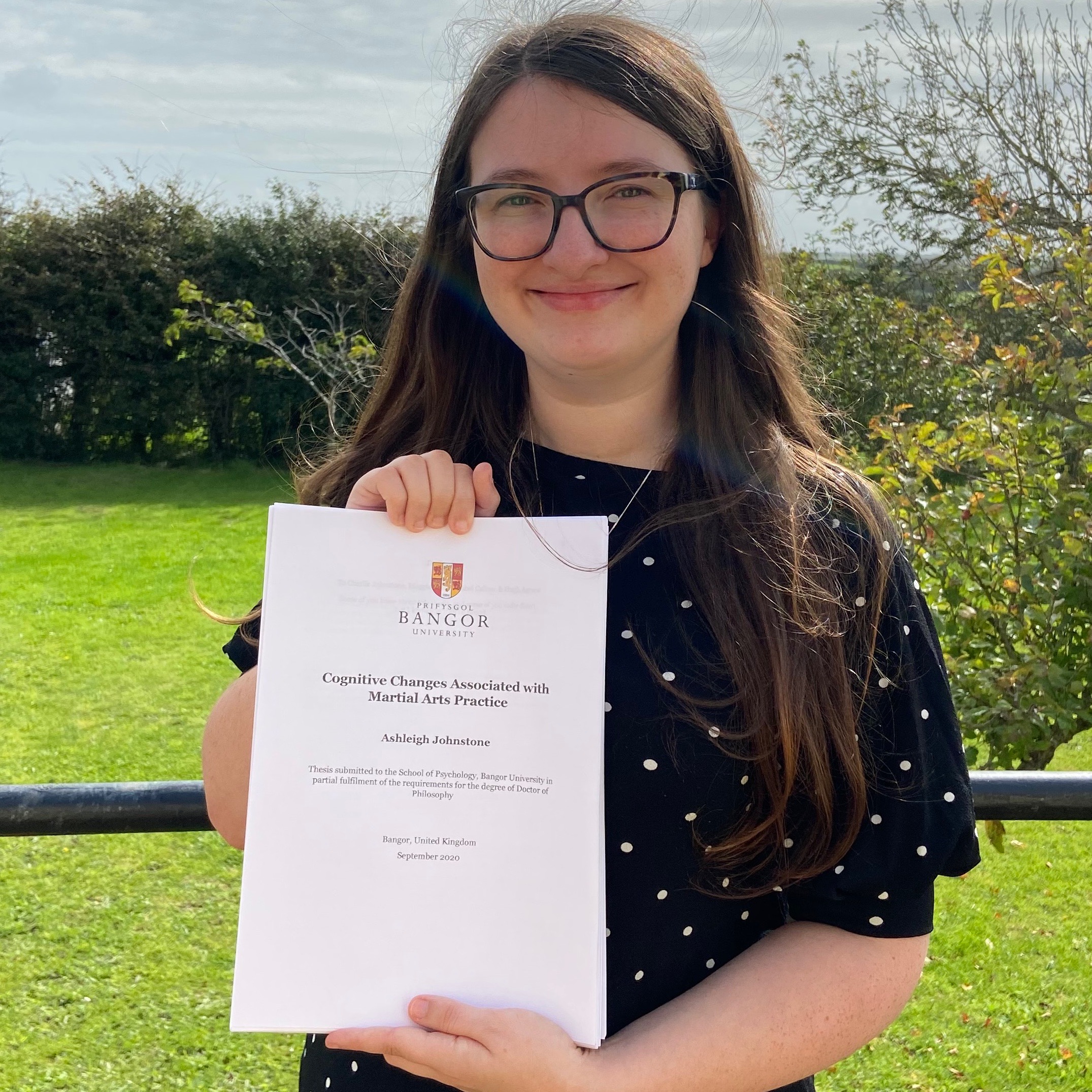Share on


COVID-19 has disrupted doctoral training programmes. But at least in the behavioural sciences students can continue their primary research online. Phew.
The COVID-19 pandemic has had massive implications for doctoral students and training across the world. Within the UK, a report has recently been published by UK Research and Innovation (UKRI) documenting the effects of COVID-19 on their doctoral students. Many have reported having to put projects on hold with no clear date as to when they would be able to access university resources and workspaces again, leading to distress and worry about meeting deadlines. Others reported that while they are now able to access their workspace in a COVID-secure way, they have health concerns or caring responsibilities which mean they are still working remotely.
While this has clear impacts on all doctoral students, behavioural scientists may be at a greater disadvantage due to the inherent need to work face to face with other people. With a reliance on human participants to investigate behaviour, many behavioural science doctoral students may face a longer wait until they can collect in-person data in a COVID-secure manner.
UKRI’s recent report states that many doctoral projects will need to be adjusted to meet the deadline of their funding period, and that students should find ways with their supervisor to complete on time. This means there will be no blanket extension for UKRI funded doctoral students, although some additional funding has been made available to students deemed most in need. This is highly concerning for many researchers who may have experiments set up and ready to go, but no clear idea of when they will be able to get back in the lab.
Students and academics across the UK have urged UKRI to have a rethink, or to at least provide more information about these adjustments students are expected to make. Do the adjustments mean a shorter research project? Less hands on experience with participants? Lower expectations for high-powered experiments? This is a big concern, with students worried that if they can’t meet with participants for data collection then it may impact on the quality of their overall thesis. Will this then have longer term implications on the future of these doctoral students? Will they have less publishing or networking opportunities? A big concern for many of these doctoral students is the fear that these adjustments may diminish their achievement of completing a doctoral programme.
My PhD was in cognitive neuroscience, aiming to investigate potential cognitive changes associated with martial arts practice. During this time I worked with hundreds of participants, collecting data from a variety of cognitive tasks. I dread the thought of how many hours I spent sat in the lab collecting this data - often having weeks when I was working with participants back-to-back 9-6 every day. If a participant was late then it had a knock on effect for the rest of the day, and if they decided not to turn up, then there was a wasted hour in the day - perhaps time for a quick burst of writing, but not enough time to get stuck into anything in any depth. Designing experiments, collecting and then analysing data is a core part of a PhD, and I am incredibly grateful that I was able to do this before COVID-19 arrived. Yet I have still always wondered whether there is a more efficient way to collect data in behavioural sciences.
Now I have a job at Gorilla, a specialist in online experiments and I’m realising there really is a way to collect data more efficiently. I have only been here for four days, and I have already crafted experiments and tasks within minutes - no really! A picture categorisation task took me 15 minutes to create, and a spelling task took about 20 minutes (including a trip to the kettle to make a hot chocolate). I have been amazed at the simplicity, but it gets even better. The ease with which Gorilla can be paired with a recruitment service such as Prolific means you can have your data collected in a day. Imagine the time saved! Sure, the study conception and data analysis would take the same amount of time, but the experiment building could be reduced from weeks to one day, and collecting data from a large sample could have been done in an hour rather than one hour per participant!
I came to the realisation that Gorilla could help all these behavioural science doctoral students who still need to collect data without sacrificing the value of their hard-earned PhD. If anything, the speed in which experiments can be built and data can be collected will leave more time for dissemination of findings and networking! On top of all that, they’ll be even better prepared for the future of behavioural science in academia and industry as there is a growing movement towards online research tools.
It is vitally important that doctoral researchers impacted by the COVID-19 pandemic are made aware of these online tools, as they may allow some projects to get back up and running quite quickly.
They are a much quicker (and more COVID-secure) way of data collection from human participants than traditional in-person methods. Spending a few hours or days putting the experiment together and then letting it run on a participant recruitment platform for an hour or two while data is collected is much more time efficient than sitting in a behavioural science lab for hours on end while each participant makes their way through the tasks. Additionally, some tools don’t even require the user to be able to code, meaning that there is no need to learn a new programming language to be able to set up an experiment. This will allow researchers to begin moving forward with their projects again, and hopefully begin to relieve some of the stress coming from worries about when data collection can re-start.
In fact, doing research this way can also lead to more powerful, larger sampled research, with participant groups that go beyond just undergraduate students. This will allay any fear about whether the quality of the projects and the thesis. Doctoral students often have high expectations of themselves and their work, they want to produce work that is to the best of their ability and a quality that they’re proud of. This pandemic is nobody’s fault, but it is having a direct impact on something they have worked so hard to achieve. Making use of these online methods can help them reach their goal of a quality PhD.
Using online research tools can help get researchers back up and running, whilst remaining COVID-secure and not putting their health or the health of their participants at risk, in a quick and easy manner. Let’s help get our future academics collecting data again!
Ready to get started? To help researchers get online quickly, Gorilla are offering weekly onboarding webinars, so that researchers can hit the ground running. See you there!

Ashleigh is a recent PhD graduate now working for Gorilla Experiment Builder who are revolutionising online behavioural science in academia and beyond. After writing and submitting her thesis during the pandemic, she is on a personal mission to ensure no PhD student gets left behind this year.

Jo is the CEO and co-founder of Cauldron and Gorilla. Her mission is to provide behavioural scientists with the tools needed to improve the scale and impact of the evidence-based interventions that benefit society.